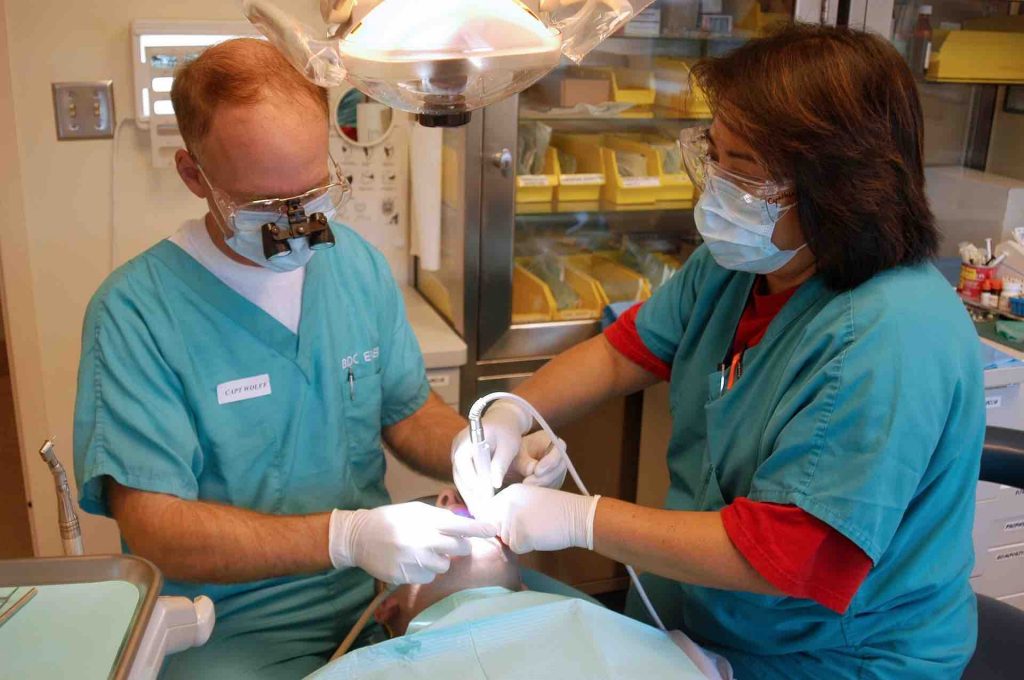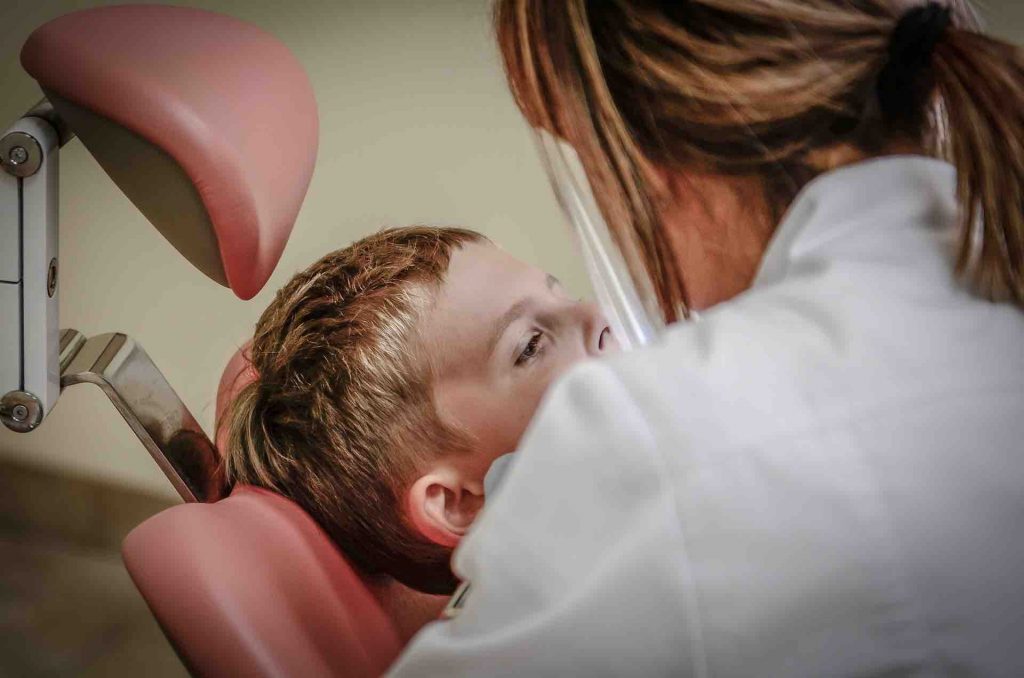
Improving the appearance with treatments like dental implants and braces has grown in popularity over the years. People no longer have to suffer from a lack of confidence in their smile because of missing, misshapen or cracked teeth. But what about those who smoke? Is it worth their while getting dental implants, or does the habit mean that this kind of treatment can’t be beneficial?
The good news is that smokers can get dental implants, and that indulging in this activity doesn’t exclude patients from getting an improved smile. Any expert dentist will advise against continuing to smoke, but even if the patient does decide to do so, they can still be eligible for implant treatment.
Making an informed choice
A good dentist will not lecture their patients on smoking, but they will be open about the potential risks associated with maintaining the habit. They have an obligation to explain how smoking can affect the patient’s health and the results that can be expected after treatment if smoking is continued; as well as the impact of the habit on the teeth in the long term.
Smoking is a major cause of gum disease, and this can result in tooth loss which necessitates dental implants to help the patient restore their smile. Although people who remain smokers can still get the treatment, they should be aware that the long term outlook of dental implants. Gum disease can cause implants to become loose or fall out in the same way as teeth.
If the bone structure of the jaw has been affected by smoking, some patients will need to have grafts in preparation for implant treatment. If grafts are needed, it is best for the patient to stop smoking beforehand in order to maximise the chances of success. Some dentists will not offer grafts to patients who are unable to stop smoking.
What impact does smoking have on dental implants?
When implants are placed, they integrate with the bone and gum to keep them in place just like natural teeth. The nicotine in cigarettes causes the blood vessels to narrow, and the result of this is that the tissue inside the mouth has a reduced supply of oxygen – and the flow of saliva is also impacted by this. The result of all this means that the smoking patient is likely to take longer to recover from treatment; and is more likely to suffer from infections in the recovery period and beyond.
Despite the risks associated with continuing to smoke and getting this kind of treatment, it can still result in a successful and satisfactory outcome for the patient – so smokers should not be afraid to consult their dentist if they feel they would benefit from dental implants. Many smokers find that deciding to have their smile improved in this manner actually increases their desire to quit – and it can be a very useful means of motivation to pack in the cigarettes and enjoy better results from dental implant treatment.

